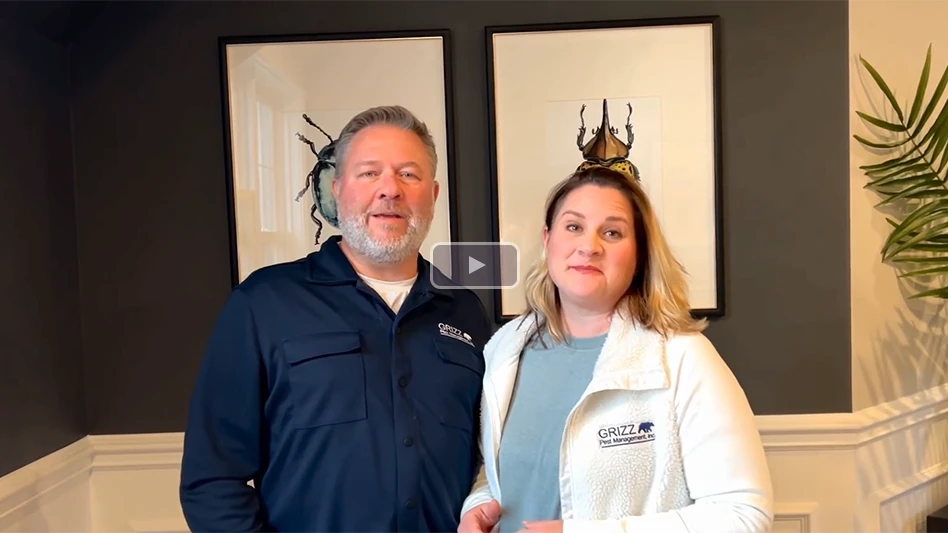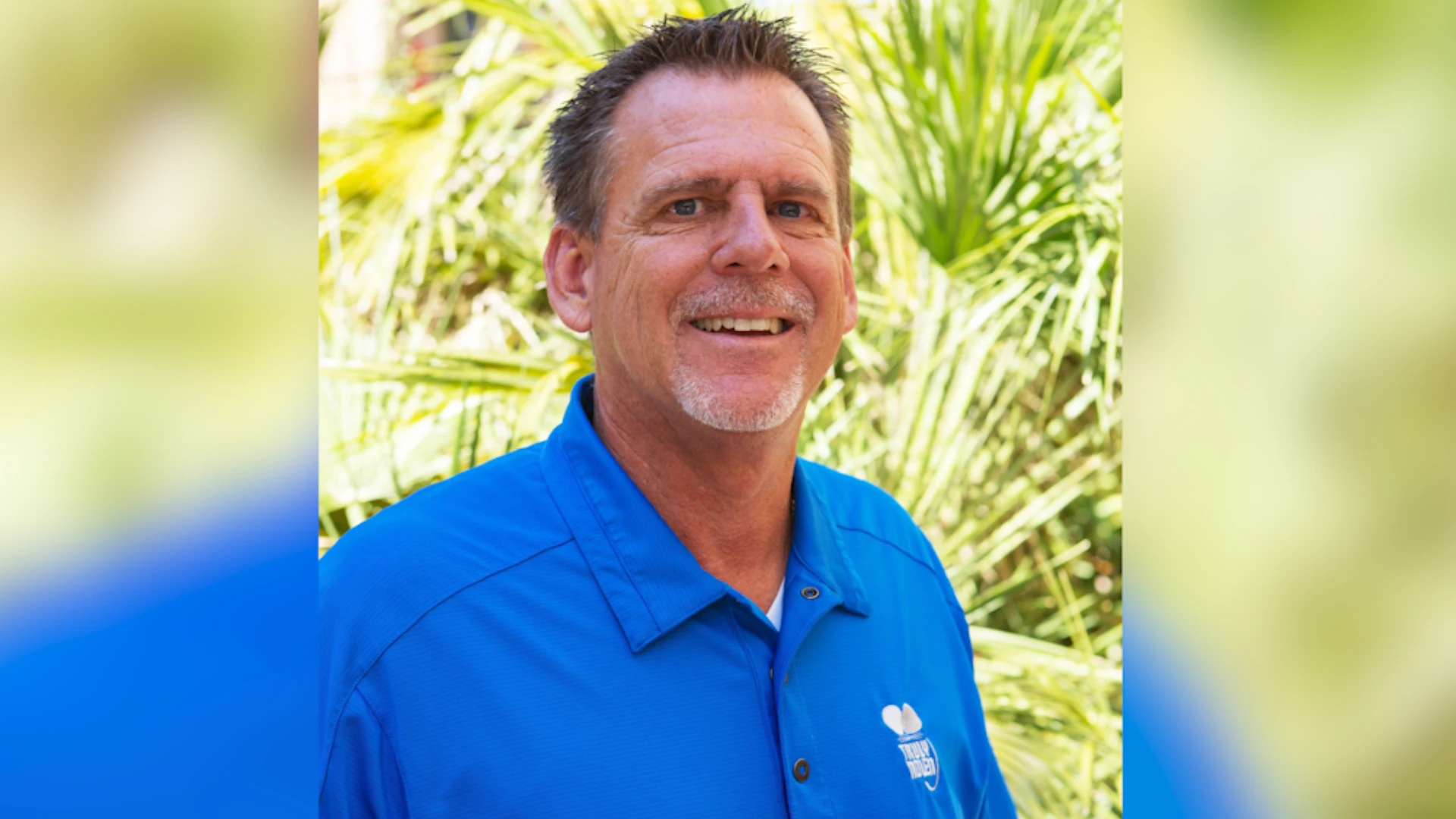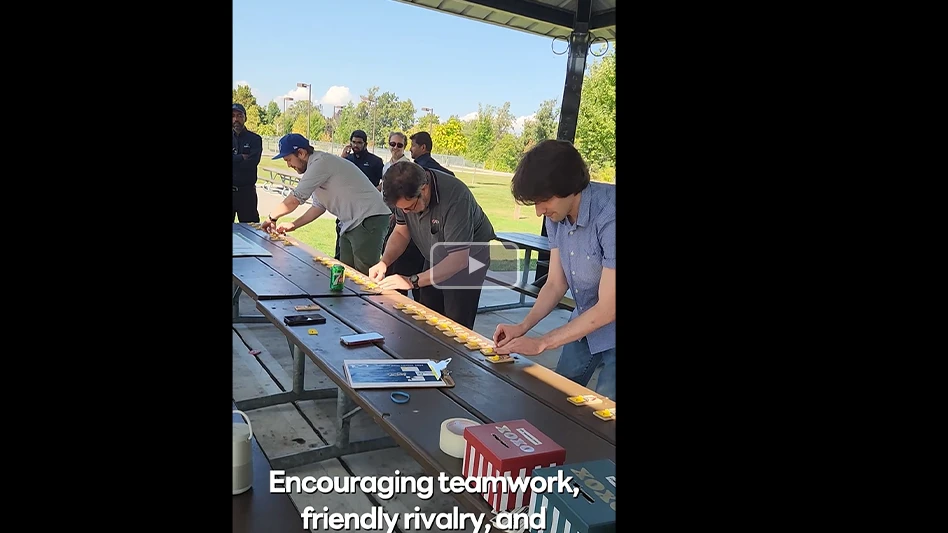What lessons can we take from the most successful band in the history of rock ’n roll? The message is clear. All great teams are made up of talented individuals who align themselves to a common set of values and have a shared vision for the future.
Do you remember The Beatles? Of course you do; they were the legacy rock band that transcended every generation since the early 1960s. Although the band broke up in 1970, The Beatles’ music remains popular today and continues to reach new generations.
Do you remember the names of all of the band members? Of course you do; there was John, Paul, George and Ringo. Many fans actually remember The Beatles’ names in that exact order, a sign of great branding. John, Paul, George and Ringo were individuals on a team, and through the alignment of their talents and a shared vision, they built arguably the greatest band in the history of Rock ‘n’ Roll.
Each Beatle wrote and recorded hit singles and contributed to the success of the group. Each Beatle, in his own right, earned iconic status and was recognized throughout the world. Their brand was so strong that not only did they transcend the generation gap; they were able to transcend the world language barrier as well. Four men — the Fab Four — with individual talent and energy, that when combined and aligned as a team known as The Beatles, took the world by storm in less than 10 short years.
Oh, did I mention there was a 5th Beatle? Yeah, yeah, yeah, there was a 5th Beatle, some guy from the old Liverpool neighborhood where the band got its start in the Casbah and Cavern nightclubs. His name was Pete Best, and he was The Beatles’ original drummer until August of 1962. Whatever happened to Pete Best?
Arguably, Pete was the most popular member of the original band because he had Hollywood good looks, a bad boy greaser image and a great drumming style. Pete was cool and all of the "chicks" dug him the most. However, The Beatles were beginning to enter the next phase of their career, and the band leaders set standards for member behavior, dress and personality when on stage performing. All band members were expected to live by the established code.
Pete was a non-conformist, and refused to wear the mop-top style haircut, never hung out with the band members after shows, and he never smiled while on stage preserving his James Dean persona. Pete’s dependability also waned, and he would arrive late for shows or sometimes not show up at all, leaving the band in a scramble to cover the drummer slot. Since Pete was the most famous and loved Beatle at that time, he may have felt an entitlement to behave as he saw fit, and not meet the needs of the team. Change was coming and The Beatles were ready to take a leap, unknowingly, into the Rock & Roll and Entertainment Halls of Fame.
The band took their historic leap in 1962 with Ringo Starr as drummer, and Pete Best left behind in Liverpool, feeling betrayed by his employer. He’d been fired and replaced by Ringo, who was his complete opposite. Ringo quickly agreed to shave, and cut his hair in the band’s preferred mop-top style. He had a wonderful outreaching personality and a boyish big smile, and he loved to hang out with the band after gigs. Essentially Pete’s demise, and Ringo’s rise to good fortune, had one common factor that allowed one teammate to feel cheated, and the other to gain icon status as part of a worldwide iconic team. That factor was Culture Fit.
All great teams that earn Legacy Brand Status are made up of talented individuals who align themselves to a common set of values and have a shared vision for the future of the team. The individuals must subordinate their personal agendas to that of a greater Team Agenda. Many legacy brands like Nike, Amazon, Harley Davidson and Apple have left behind their "Pete Bests" in pursuit of greatness. These iconic brands were built by teams with shared values and aligned visions. In many cases a company’s "Pete Best" might in fact be the "best" individual talent, but because they only serve their own agenda and not that of the team, they create Culture Friction. "Pete Best" employees believe they can go it alone and don’t need a team to carry them to greatness, and therefore prevent teams from reaching their bigger goals.
While The Beatles didn’t last forever and their meteoric rise to fame was short-lived, I wonder if they would have reached legacy status with Pete Best on the team. Certainly Pete had the talent, and the fans loved him, but what happened without Pete was different: the fans grew to love The Beatles and everything and anything about them, all of them, not just Pete. The Beatles did the right thing by firing Pete and hiring Ringo, who fit the team culture. Without disruption from Pete on the team, the Fab Four aligned their energies and became something bigger than they as individuals could have ever become.
P.S: What happened to Pete Best’s career? He had his own band and virtually disappeared into obscurity. His biggest claim to fame: having missed the boat on becoming a part of the greatest rock band in history.
The author is CEO of Residex-Turfgrass, a distribution business serving the pest control and green industries based in Novi, Mich.

Explore the May 2011 Issue
Check out more from this issue and find your next story to read.
Latest from Pest Control Technology
- NPMA Announces ELP Class of 2025
- Termite Control Tools and Equipment for PMPs
- Choe Reviews Drywood Termite Geographical Hotspots, Latest Research Findings
- Mosquito Squad Announces Rebranding to Mosquito Squad Plus
- Pest Control Equipment: If it’s Critical, Back it Up!
- In Memoriam: Marybeth Wonson
- In Memoriam: Layton Word
- Mitchell Boston's Involvement as Local Councilman Sparks Growth in Pest Control Business





